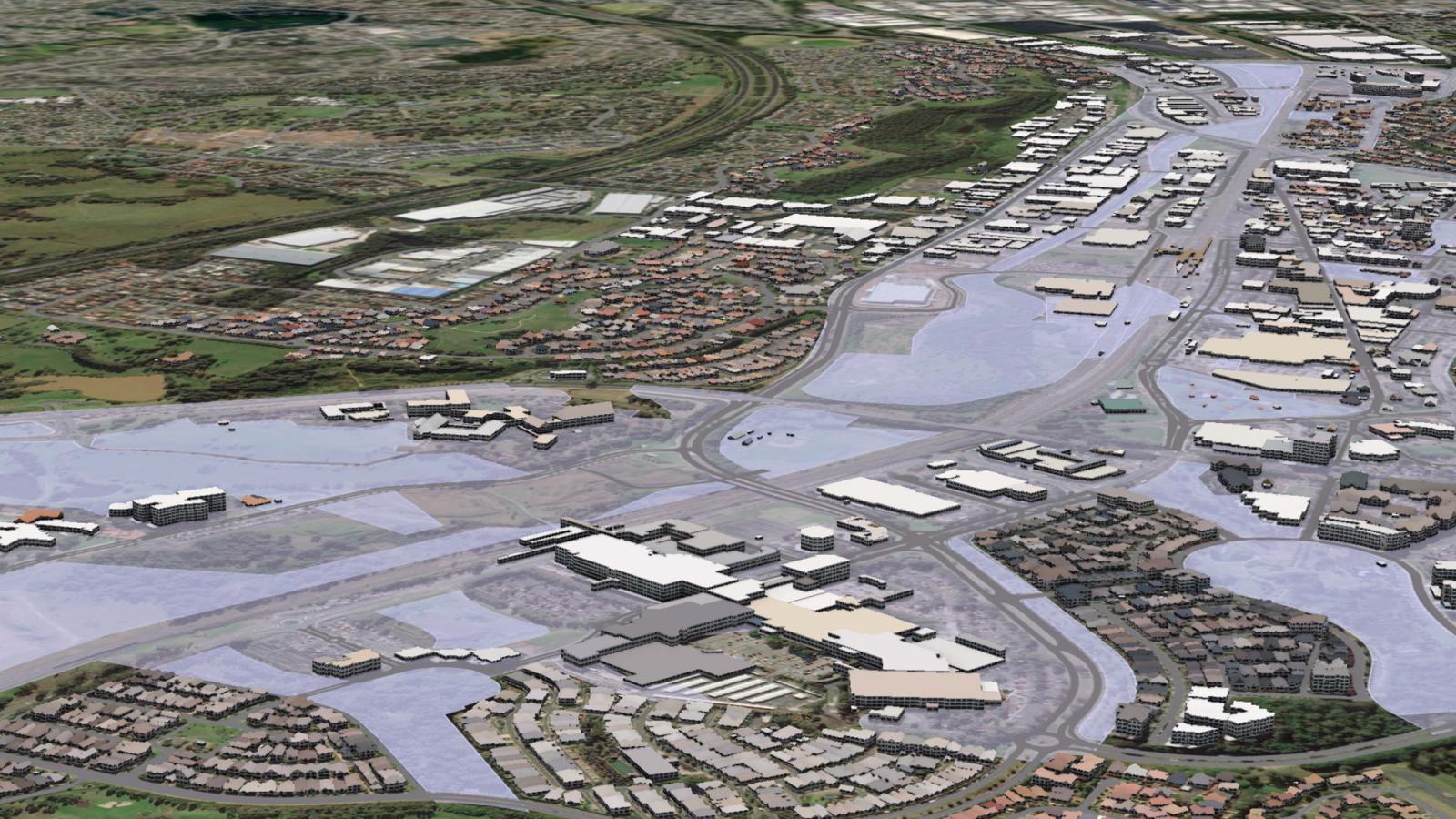We believe that quality in the built and natural environments is achieved through a rigorous process of questioning, investigation, global research and continuous design refinement.
One earth, eight billion people, and almost than 10,000 cities. This is our world in the second half of the 21st century, the Anthropocene age. Now more than ever, urban settlements face a growing range of challenges to maintain prosperity such as resource scarcity, global population growth and climate impacts. Reassuringly in today’s digital age, we have greater capacity than ever before to make rapid, regenerative change to our cities.
Biourbanism Lab is McGregor Coxall’s research and development arm whose dedicated focus is to enshrine resilience in cities through data-driven modelling and advanced design research.
Recognising that cities need disruptive, smart solutions to tackle shared global challenges, McGregor Coxall established the Biocity Research Lab in 2006. Reborn as the Biourbanism Lab in 2022, we develop insights through spatial digital twins using advanced location intelligence modelling and geospatial technologies. Data-led practice is the validation behind our resilient landscape architecture, urban design, and engineering practices globally.
Biourbanism Lab is led by academics and practitioners who solve complex urban challenges through the application of GIS, BIM, and computational methods in design. We work with governments, academia, and public and private sectors to amplify McGregor Coxall’s evolving interdisciplinary ethos and knowledge economy – building a less carbon-intensive, more informed and more prosperous future one project at a time.
The Lab has collaborated with several organisations including CSIRO, ISD Liechtenstein Institute for Strategic Development, UNSW, UTS, Monash University and University of Adelaide.
A key initiative derived from the Biourbanism Lab is the Biourbanism platform. Developed as a large-scale systems-based planning framework, it seeks to strengthen interdisciplinary collaboration at the region, city and project level to improve resilience in urban, rural and natural environments.
